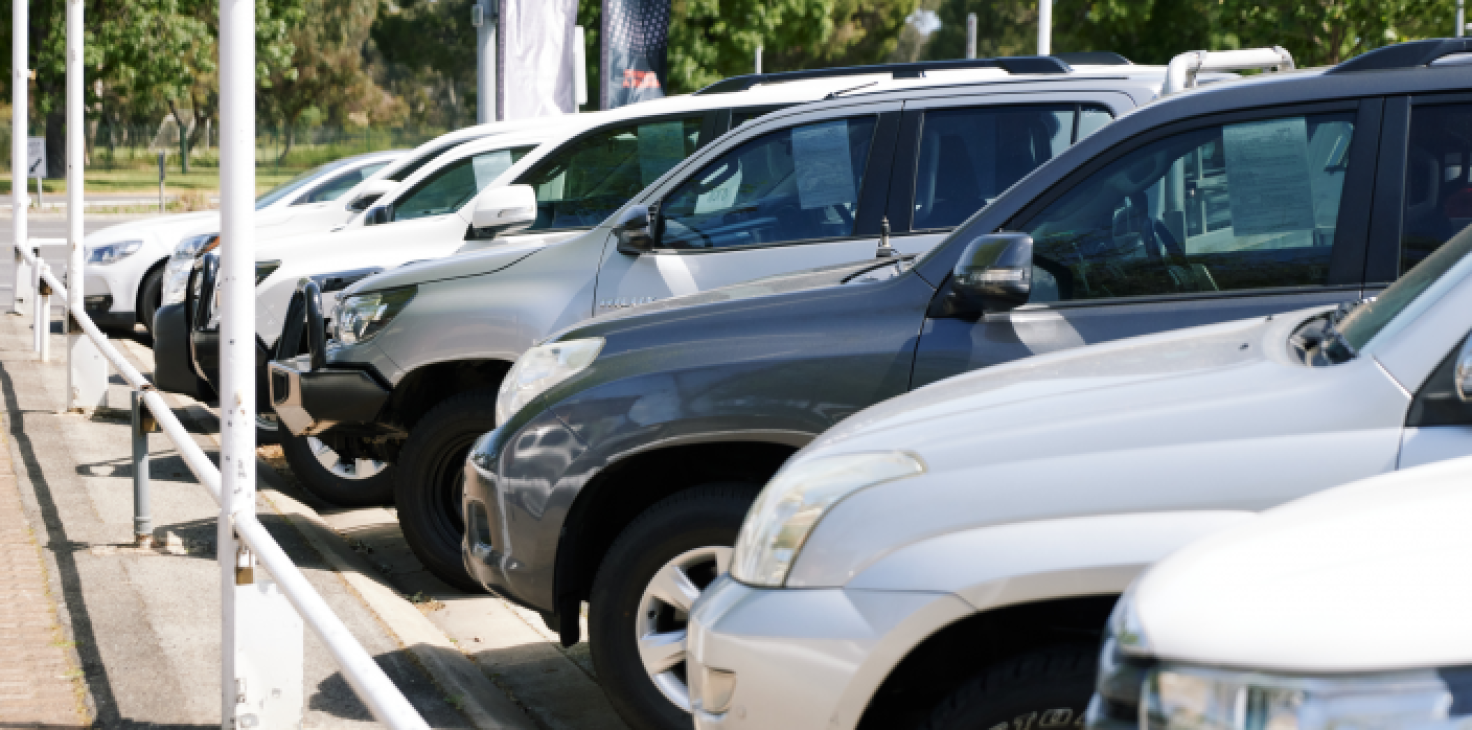24 October 2021
8 steps to finding the right car for you
Whether it’s a new or used car you’re looking for, find the perfect match.

If you’re looking for a new or used car, it can be tricky to know where to begin or what to look out for to land a good deal. So, before you pull out your wallet and make the purchase, do your research to find the right car using these eight helpful steps.
1. Choose a car that’s fit for purpose
While you might dream of a sleek two-door sports car, if you have kids and pets, you may want to opt for a vehicle that’s a little more practical. Think about your lifestyle and what the vehicle might be used for. Consider things such as the distances you travel each week, whether you use your car for work or play (or both), and the number of passengers or drivers that use the car. All these factors will start to influence the sort of car to choose to best suit your needs.
2. Get clear on your non-negotiables
Safety features, a fantastic sound system, cup holders, a sunroof, or a spacious boot – get clear on the must-haves and spend time looking at models that include these specifications and accessories. If environmental impact and being more fuel efficient is important to you then perhaps you’d like to consider an electric car.
3. Set your budget
How much you can afford to spend is normally central to any purchasing decision. You may be able to afford to buy a car outright or you may need to organise finance. If you’re borrowing money, consider getting pre-approval before you start looking to put yourself in a better position to bargain and know exactly how much you can afford to spend before you start shopping around for deals. Researching the best car finance can take time, so why not try comparison sites like Canstar, Ratecity or Infochoice to help you compare rates and offers.
4. Scope all the costs
Keep in mind that the financial implications of buying a car go way beyond the purchase price. Initial costs that need to be factored into your budget include:
-
Registration
-
Insurance – Compulsory Third Party or Comprehensive Car Insurance. All drivers need to have CTP insurance before they register. In states like SA, QLD, WA or ACT, CTP insurance is included in your registration. However, in NSW you need to buy it separately.
-
Mechanical inspections and maintenance
-
Stamp duty and transfer fees
Other ongoing costs may include fuel, tolls, parking, insurance, loan repayments, regular servicing, maintenance and repairs, annual registration, and roadside assistance.
5. Get professional advice
Make sure your purchase is mechanically sound. If you’re considering buying a used car, have it checked over for safety and reliability and ensure you meet regular maintenance requirements. NRMA car servicing centre can conduct this for you.
6. Run a safety check
So, you’ve found a car? It’s the right price and looks good, drives well, and it suits what you need. But does it cut it in the safety stakes? Access howsafeisyourcar.com.au, an online service for car buyers that provides independent information about the safety of new and used cars on the Australian market.
7. Get roadworthy and safety certificates
All states require sellers to provide an up-to-date safety or roadworthy certificate which is a legal requirement when buying a registered vehicle. This certificate confirms that the vehicle meets minimum safety standards and requirements for this vary from state to state.
The certificate covers basic things that can affect the safe running of a vehicle such as:
-
Tyres
-
Steering
-
Brakes
-
Lights
-
Windscreen
-
Seats and seat belts
-
Suspension
-
Rust or damage to the vehicle body
-
Exhaust and emission controls
Bear in mind that only approved garages and workshops that have been granted permission by the state or territory transport department can carry out inspections.
A list of authorised inspection stations can be found on state government transport websites:
8. Check the car is debt free
One way to uncover a car’s past is to run a check through the Personal Property Securities Register (PPSR). Doing a car search on the PPSR can help you check if the car you’re looking to buy is recorded as debt free, stolen or written off.
The bottom line – don’t impulse buy. Take your time, and if you do your homework properly, you’re bound to get it right.
Disclaimer: Insurance issued by Insurance Australia Limited trading as NRMA Insurance. To see if a product is right for you, always consider the Product Disclosure Statement available from NRMA Insurance.



